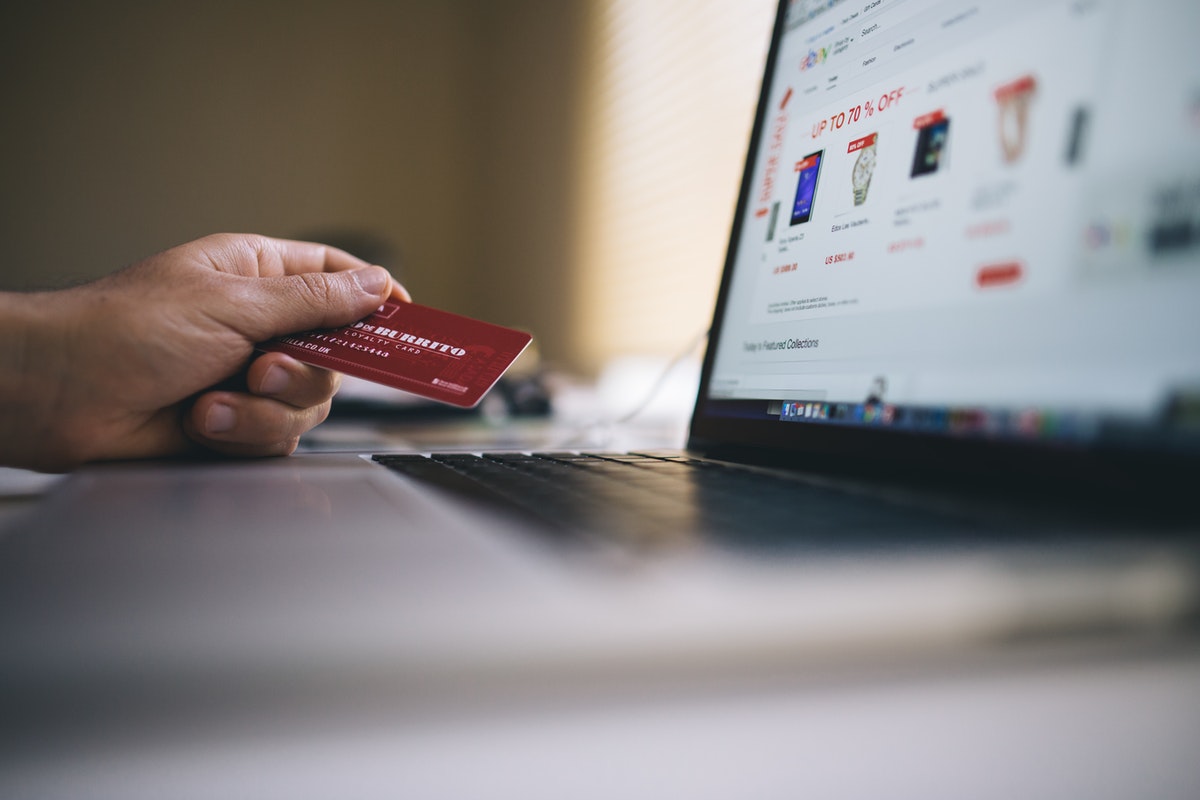If we live in the ’90s, a cashless society might sound like fiction, but whether we like it or not, it’s already happening. Many forces are behind the effective transitioning to a cashless world, where the economy will keep moving even though people don’t keep cash in their pockets.
However, no matter how advanced we are in this modern generation, no nation or society has successfully implemented completely cash-free transactions yet. Because apart from logistics concerns, many things need to be considered before giving up cash entirely.
That said, going cashless has several advantages and disadvantages that would significantly affect society. Let’s talk about them one by one.
The Benefits of Going Cashless
Many people would find cashless transactions more convenient for various reasons. As long as you’re carrying your phone or card, you can instantly make purchases using your bank accounts or online savings. Yet convenience comes with other benefits, such as:

Low crime rates
Individuals who often carry lots of cash with them are the common targets of criminals. Unlike online transactions, stealing money from a person personally is much safer as the cash taken from you can no longer be tracked down. Going cashless can significantly reduce crime rates as people carry phones or cards that criminals cannot easily access.
Reduced illegal operations
Criminals typically use cash in their transactions to reduce the risk of being caught. Many drug sellers, illegal gamblers, and other criminal transactions are paid via cash only as it doesn’t leave any trails. In addition, money laundering becomes more challenging as the source of money can be identified. Criminals will find it harder to hide their money and evade tax obligations simultaneously.
Reducing the cost of managing money
Cashless transactions aren’t just convenient. It’s also a cheaper method to manage money. Businesses need to spend more on storing money properly, and it’s also extra work if they need to deposit and withdraw. In most cases, they might also need to hire people to transport cash.
Banks also need to add extra layers of protection to fight bank robberies. All of these things will require businesses to spend more to ensure the safety of their cash. Going cashless can significantly reduce the costs of managing money.
International payments are less complicated.
If you’re a seasoned traveler, you know how inconvenient it is to exchange your cash for local currency. But with cashless transactions, you no longer need to worry about not having local currency in your pocket. Payment methods like bar code scanning and auto-debit will be your best buddies. What’s great about these systems is that you can even receive payments through them. For instance, push-to-card funding allows loan companies to disburse cash loans with just a few clicks.
Disadvantages of Going Cashless
Indeed, innovation is supposed to make our lives easier. But many of these modern strategies need further studies. While going cashless is pretty beneficial in general, it comes with some disadvantages too.

Sacrificing privacy
Going cashless will force you to disclose much of your personal information- and many people are concerned about their privacy. You may not be hiding any dirty money, but the more private information you have around online, the riskier it gets for them to fall into the wrong hands.
Risk of hacking
Companies may follow many safety measurements and provide countless layers of protection, but that doesn’t guarantee that your information is a hundred percent safe. As long as hackers lurk on the internet, your data will always be at risk of hacking.
Access to funds
Technology is vital to access your funds online, and it could only mean one thing- if technology issues arise, you might have trouble accessing your funds. Dead phone, lost internet connection, and glitches may hinder you from buying things you need. And if you don’t have any cash in your wallet, you’ll have no choice but to go back home empty-handed.
Economic inequality
Not everyone has the luxury to open a bank account or buy a smartphone to make cashless transactions. Unless the government makes an extra effort to help them, people without phones and bank accounts will not make cashless payments.
Extra fees
Intelligent people develop the online payment systems we have today. When the time comes that we all transition into cashless transactions, their websites or mobile applications will receive high volumes. As a result, developers will charge extra fees for better services.
In general, cashless transactions are beneficial in several ways. Consumers and businesses are enjoying how convenient it is to make purchases without counting money. Yet, we still need to consider the disadvantages it brings as they might affect the economy vastly.

